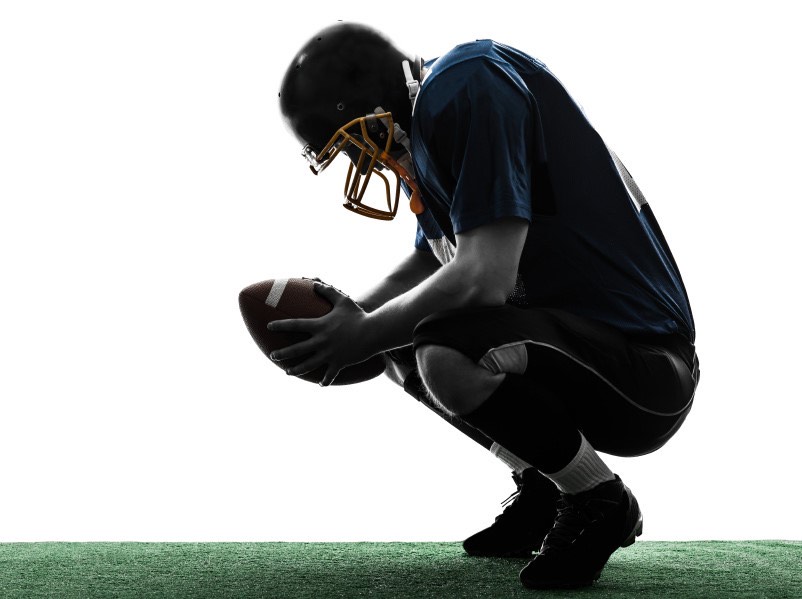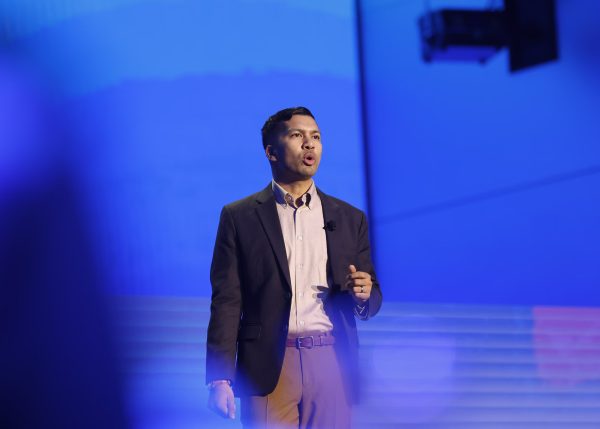BLS Athletes Seek to Discuss Mental Health
Coaches often neglect discussing mental health with their teams
Throughout the sports world, athletes are constantly encouraged to push themselves physically. Spending hours upon hours in the gym, on the field, in the pool or on the track, they practice until every move or technique is perfected. One key component is missing from this training, however: the mental aspect.
Recently, there have been dialogues across the globe concerning mental health in sports in response to professional athletes such as Naomi Osaka and Simone Biles stepping down from international competitions. At Boston Latin School, students are sometimes taught to prioritize their mental health over academics, but there is minimal talk of it in athletics, something many students would like to change.
While there are many conversations about the mental health of students at BLS, it would be extremely beneficial to discuss it from an athlete’s perspective. Athletics are as mentally straining as they are physically; if an athlete is not in the proper mental state of mind to play, the hard work they put in during or outside of practice will not matter. Fostering discussions about mental health benefits athletes not only on the field, but in all aspects of life.
Multiple experts including Jim Afremow, a world-renowned sports psychologist from the University of Arizona, have worked with many professional sports leagues. He argues that by training the mind to perform at its best, athletes can obtain further understanding of how they think and approach their athletic performances, but also their academic performances within everyday life.
A number of students such as BLS Varsity Football Captain, Christian Leriche (I), expresses that discussions of mental health help foster a better team environment. Leriche states that talking about mental health “is something that makes people vulnerable and when people are vulnerable that’s when they get to connect more.”
Allowing athletes to discuss their mental health with each other and their coaches will foster a sense of community, and thus push athletes, particularly in team sports, to connect more with each other and perform better.
Many students at BLS feel that mental health is not being discussed enough in their sport. Emilia Saldana (II), a member of the BLS crew team, states that “we don’t talk about it that often, but definitely before our races, mostly in terms of [our coach] telling us not to stress too much or psych ourselves out.”
Brigid Hamwey (I), a member of the BLS cross country and track team, says, “sometimes, the day before a meet, our coach will tell us to, before we go to bed, try to imagine the course […] and not to stress out too much the night before, but not that much other than that in regards to outside of the sports setting.”
Although research shows that it is helpful to discuss these kinds of visualization strategies prior to racing, students across the board have expressed that there need to be more mental health discussions throughout BLS Athletics. Some even suggested implementing a segment into the seasonal sports meetings with BLS Athletics Director Mr. Jack Owens, as this would help teams start to discuss the topic on a more personal level. By introducing more discussions on mental health throughout the athletics department, athletes are sure to compete and connect better than ever.






